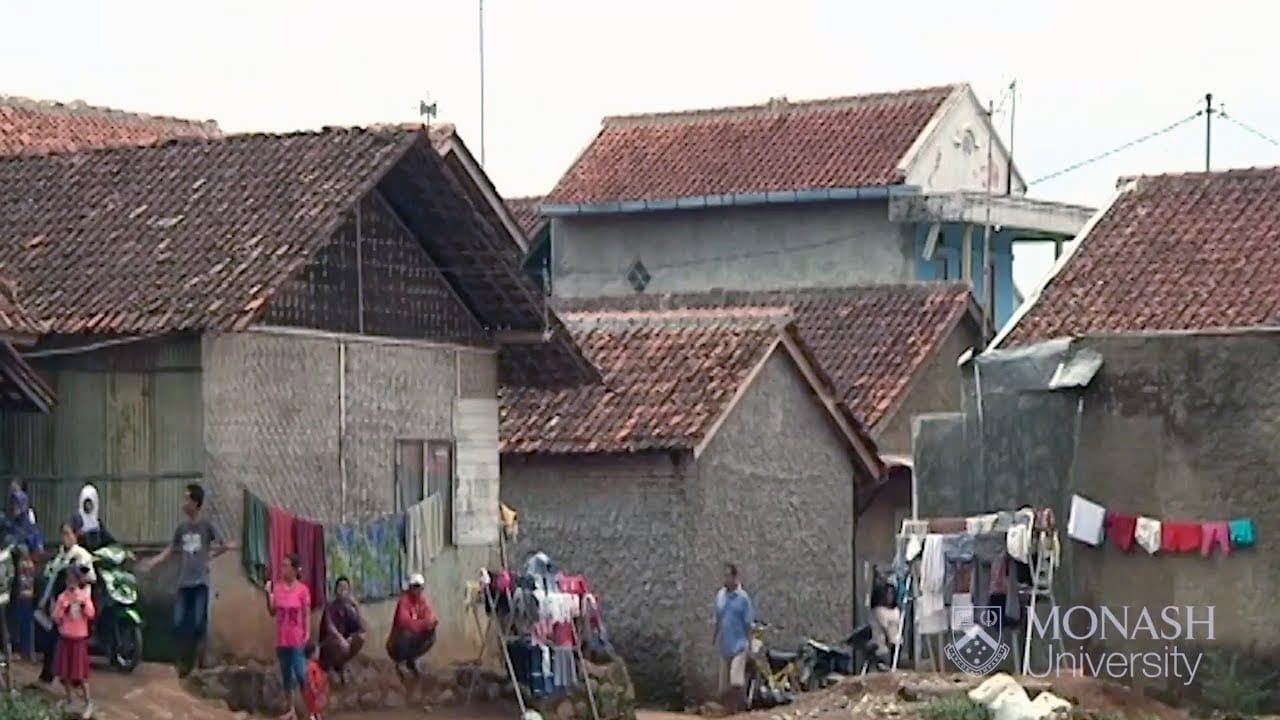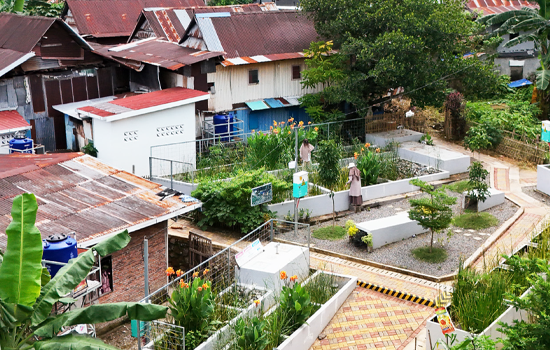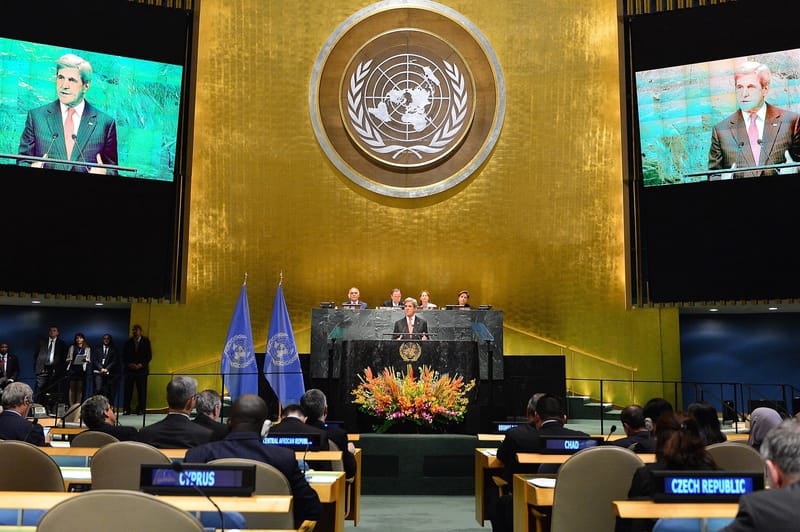
Professor Rebekah Brown, Director of the Monash Sustainable Development Institute (MSDI), explains the RISE (Revitalising Informal Settlements and their Environments) Project, which aims to significantly improve the living conditions and health of some of the world's urban poor.
Funded by the Wellcome Trust's Our Planet, Our Health program, and the Asia Development Bank, MSDI is leading the project alongside the Monash faculties of Art, Design and Architecture, Business and Economics, Science, Engineering and IT, and Medicine, Nursing and Health Sciences, in collaboration with national and international institutions and universities.
See the full story on 'Changing lives of the urban poor'.
READ MORE: Monash awarded grant to lead global slum revitalisation research





